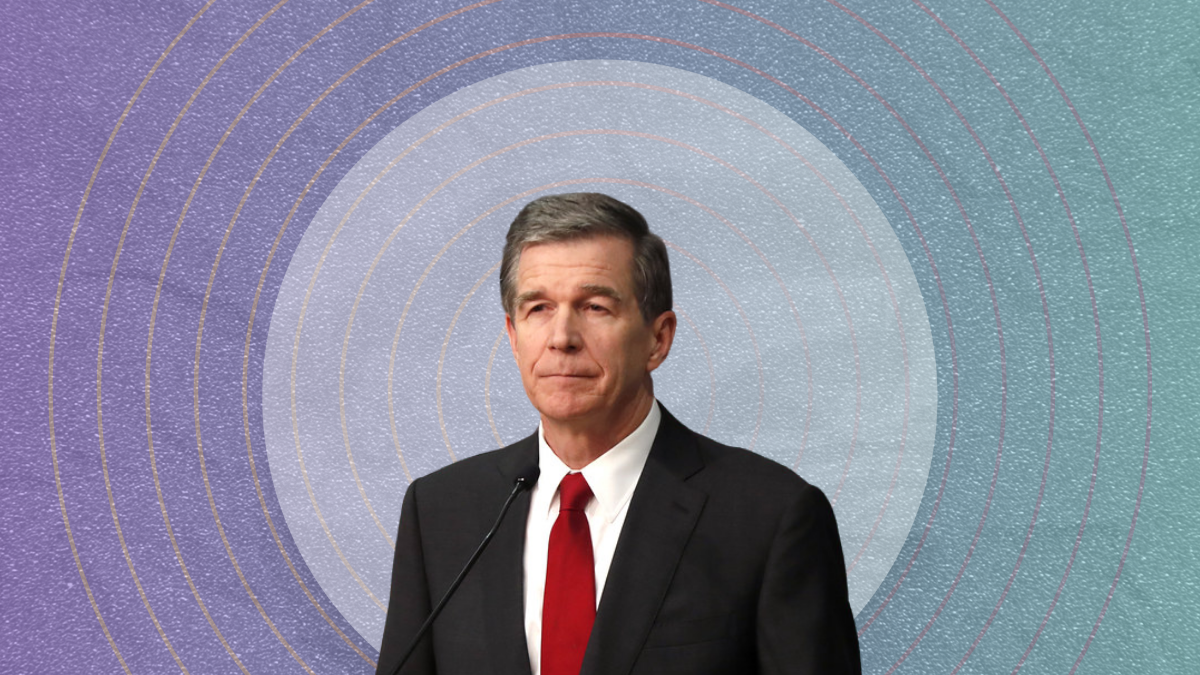Source: Editorial Staff
Gov. Roy Cooper has vetoed a voter suppression bill passed in late August by Republicans in the state House and Senate, but it’s only a matter of time before the legislature overrides his veto and puts numerous anti-voting laws on the books in North Carolina.
Democratic state Sen. Natasha Marcus called Senate Bill 747 “the jumbo jet of a voter suppression bill” because of all the ways the bill will end up preventing people from making their voices heard either at their local polling place or through the mail.
One of the worst parts of the legislation is that it will eliminate the current three-day grace period for mail-in ballots – a law, by the way, that Republicans widely supported and voted for in the past. Had this law been in effect during the 2020 presidential election, more than 13,000 North Carolinians would have had their votes thrown out simply because their ballots weren’t delivered through the mail in time, which is something that voters have no control over whatsoever.
The bill will also give election observers at polling places the right to listen in on conversations between voters and elections staff, thus creating the potential for what is essentially legalized voter intimidation.
Senate Bill 747 will create a pilot program to impose discriminatory and unreliable signature matching for mail-in ballots during next year’s primary election in 10 different counties in the state. According to Democracy Docket, Republicans had tried last year to implement the signature match change by suing after the North Carolina State Board of Elections declined to issue rules requiring signature matching.
North Carolina law already requires two witnesses to sign all mail-in ballots, so there really is no necessity to compare signatures to those kept on file. Other states that have tried signature matching “have found the verification to be finicky” and numerous lawsuits have been filed because of the practice. A Forbes article examining Georgia’s experience with signature matching on mail-in ballots said “the science is dubious” and also called graphology (the analysis of handwriting) a “pseudoscience” that has “largely been discredited…and increasingly stripped from legal proceedings.”
These new provisions, especially signature matching, opens the door for mass challenges to ballots by election fraud conspiracy theorists. Theoretically, if the signature you put on your mail-in ballot looks even slightly different from the one that the state has on file, election conspiracy theorists could file a challenge for every single one of those slightly different signatures. Those who want to challenge mail-in ballots will be allowed to challenge them in their entire county and not just their specific precinct, as current law dictates.
Changes are also being made to same-day registration that could lead to students finding it extremely difficult to show the required documents in order to register and vote.
In an effort to make the legislation less harmful and restrictive, House Democrats submitted 18 amendments to SB 747. Sixteen of the proposals failed along party-line votes.
Two amendments passed – Amendment 7, which allows volunteers working at polling locations to legally accept food, drinks, pens and face masks, and Amendment 18, which changed the wording in the legislation to create a uniform process for filing and hearing challenges of the appointment of an observer.
After vetoing SB 747, Cooper ripped Republicans in a statement explaining his decision.
“Right now, legislative Republicans in North Carolina are pushing an all-out assault on the right to vote, using the advice of Trump’s hand-picked election denier Cleta Mitchell who was on the call trying to help him overturn the election in Georgia.”
Republicans will override the governor’s veto, but a date for the vote has not been set. It will be a dark day for democracy and voting rights in North Carolina when the override votes are tallied up.





